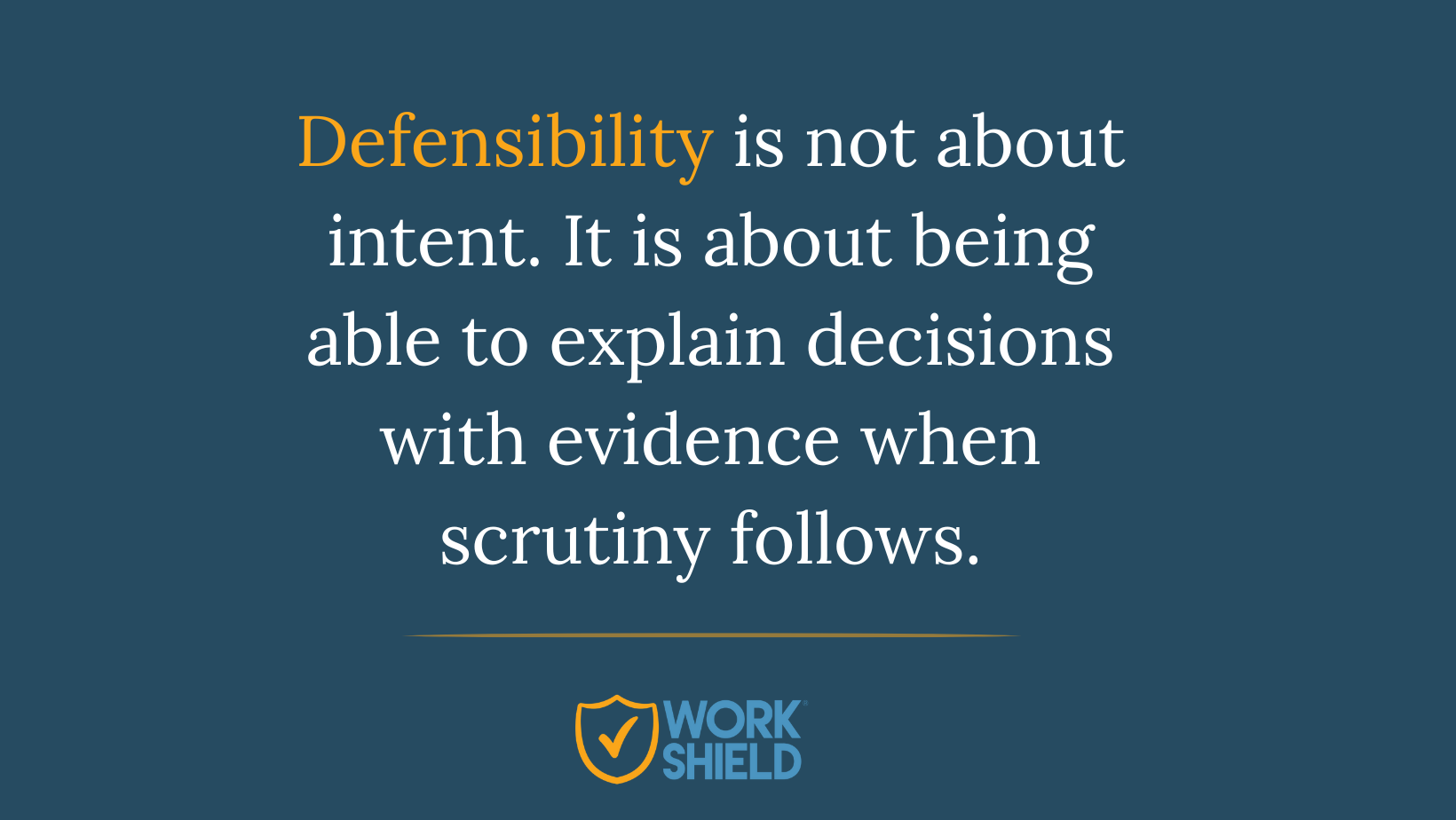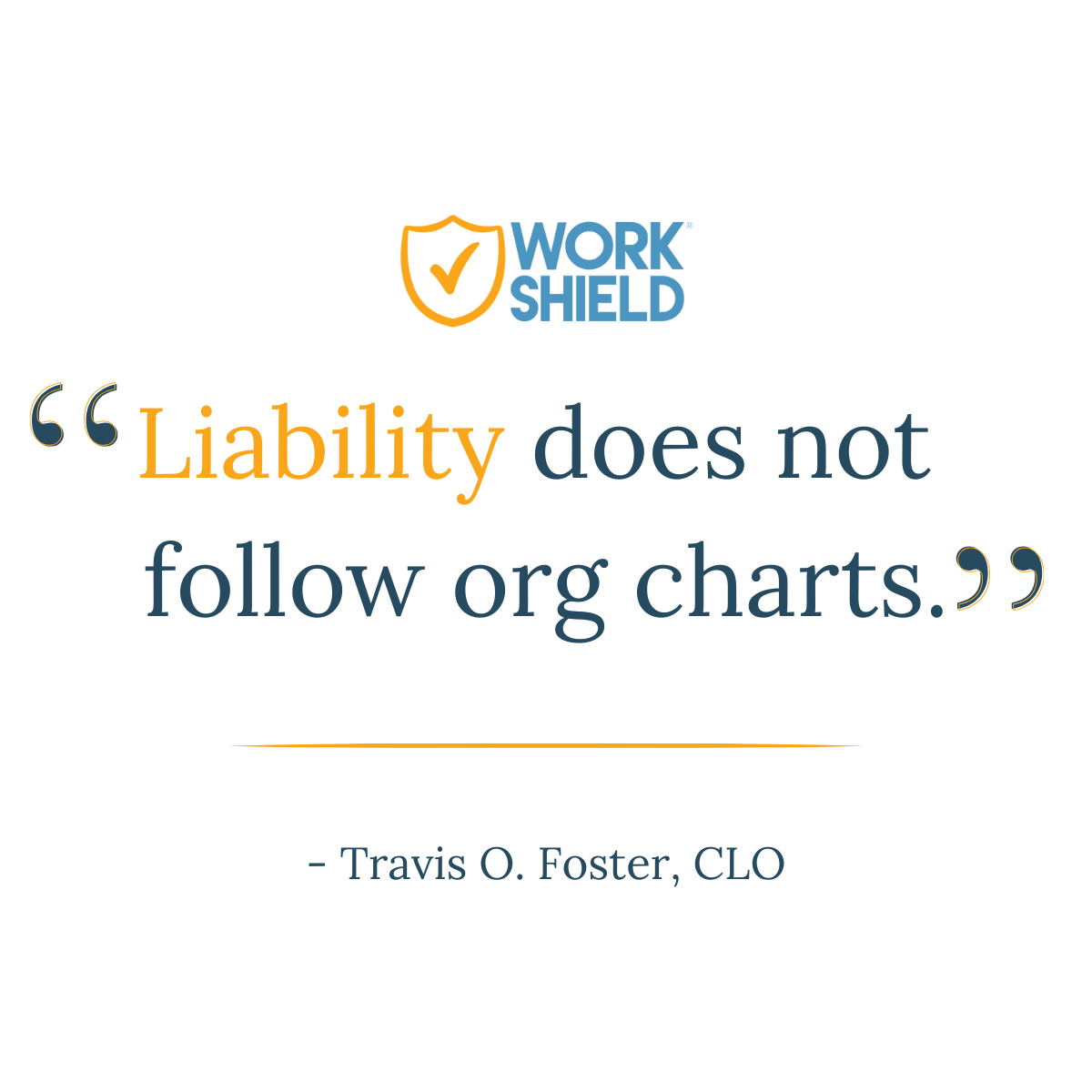Unethical behavior can erode the integrity, productivity, reputation, and bottom line of any organization. It’s essential for organizations to have a plan in place for mitigating this issue, and responding effectively when it occurs. From proper training to potential tools and software to leverage, organizations should take a proactive approach with the right strategy in order to protect their bottom line and their people.
Unethical Behavior in the Workplace
Ethical behavior in the workplace is defined as the moral code that drives employee conduct and organizational decision making. Ranging from minor infractions such as improper use of technology or stealing to major incidents such as harassment, bullying, misconduct, and more, unethical behaviors in the workplace can decrease productivity, damage reputation, and impact the bottom line. Ethical behavior should be at the core of an organization’s ethos, as it encourages a healthy, safe environment for all. Still, ethical issues are rarely one-dimensional. What is considered unethical by leadership may also reflect underlying tensions or trust gaps felt by employees.
For example, Wells Fargo recently experienced a workplace ethics issue when several employees were found using simulated keyword activity software to fake they were working when they were not, which resulted in their termination. From the organization’s perspective, the employees lying about the fact that they were working violated the organization’s code of ethics. However, when evaluating it from current employees, this issue demonstrated that Wells Fargo monitors all employee movements during the day. Due to this, current employees could lose trust in the organization, knowing it was using tracking software on employee devices, potentially creating a hostile work environment, low morale and decreased productivity.
How Does Unethical Behavior in an Organization Affect Its Workforce?
When unethical behavior occurs in the workplace, the effects are far-reaching and have an impact on several factors.
Productivity Suffers: When unethical workplace behavior goes unchecked, employees disengage. Exposure to misconduct, especially when tolerated, erodes trust in leadership and diminishes an employee’s willingness to show up and contribute. It signals that inappropriate behavior carries no consequences, which drives down morale and motivation.
According to Gallup’s 2024 workplace ethics poll, employees with first-hand awareness of unethical behavior are 2.7 times more likely to be actively disengaged. These same employees are 70% less likely to feel connected to the organization and 45% more likely to be looking for another job.
Turnover and Cost Implications: Disengagement directly impacts turnover, which is expensive. Replacing a single employee can cost 1 to 2 times their annual salary, not to mention the time lost managing exits, backfilling roles, and training new hires. Meanwhile, existing HR responsibilities continue to pile up.
With only one-third of American workers reporting they are “engaged” at work, this lack of engagement contributes to an estimated $1.9 trillion in lost productivity each year in the U.S. alone. Unethical behavior—left unchecked—is part of that loss. It damages organizational trust, undermines accountability, and erodes long-term performance.
Retaliation and Legal Risk: Many incidents go unreported due to fear of retaliation. According to that same Gallup poll, 43% of employees who first-hand witnessed unethical behavior did not report it. 22% stated they did not report it because they thought no action would be taken, and 20% stated they were afraid of retaliation. Fear of retaliation discourages employees from reporting misconduct incidents but may actually lead to more serious consequences for the organization.
According to the EEOC’s 2024 Annual Report, the agency filed 43 lawsuits alleging retaliation and 80 lawsuits involving discharge or constructive discharge. These continue to be among the most frequently cited issues in workplace litigation. When organizations fail to implement a consistent, transparent reporting process, they increase the risk of retaliation claims, whether through direct actions or perceived inaction. The result is often more than just legal exposure; it can dismantle employee trust, damage organizational credibility, and create a hostile work environment that drives talent out the door.
Bottom Line: Unethical workplace behavior comes with a real price tag. When unethical behavior takes hold, it costs organizations thousands of dollars in hiring, incident investigation, training and more. In 2024, the EEOC secured almost $700 million in monetary damages for victims of workplace violations. The question isn’t whether your organization can afford ethical lapses. It’s whether you’re prepared to pay the price when they happen.
Mitigating Unethical Workplace Behavior
Mitigating unethical workplace behavior isn’t about checking boxes. It’s about protecting the organization, its people, its reputation, and its ability to operate. Leaders who treat ethics reactively end up paying for it in turnover, litigation, and lost credibility. A proactive ethics strategy is an operational imperative.
Train Leaders to Recognize Risk Early: Misconduct is rarely a surprise. It often begins with warning signs such as shifts in behavior, unresolved team tension, or informal complaints that go unaddressed. Frontline and mid-level leaders are in the best position to spot these early indicators, but only if they are trained to do so.
Mandatory ethics and misconduct training for leadership is not just a compliance exercise. It equips decision-makers to recognize, report, and respond to risk before it escalates. When leaders act on early signs, they protect the workforce, reduce liability, and strengthen organizational accountability. Without this capability, the organization is exposed to preventable risk.
Operationalize Reporting and Response: A standardized reporting process is more than a procedural requirement. It serves as the foundation for accountability and transparency throughout the organization. When employees know how to report unethical behavior in the workplace and trust that their concerns will be taken seriously, they are far more likely to come forward.
A clear and comprehensive code of conduct should define expectations and outline step-by-step reporting procedures. This empowers employees with the structure they need to take action when something is wrong. However, process alone is not enough. Addressing employee misconduct consistently and decisively is what reinforces trust. When HR and leadership follow through, it communicates that unethical behavior will not be tolerated and that ethical action is a shared organizational value.
Leverage Scalable Tools for Compliance and Insight: Technology plays a critical role in identifying, managing, and preventing unethical behavior in the workplace. Tools that provide regular training, centralized incident management, and incident analytics help organizations move from reactive incident handling to proactive risk mitigation.
Third-party misconduct management solutions offer a level of neutrality and expertise that internal teams often cannot replicate. These platforms reduce bias, increase employee trust, and relieve internal teams from carrying the full weight of investigations. Most importantly, they provide real-time insight that helps leadership understand trends, address gaps, and maintain ongoing compliance. Organizations that fail to invest in scalable tools not only fall behind on compliance but also increase their exposure to operational risk.
Reinforcing Ethics in the Workplace
A proactive approach to ethics and compliance equips both employees and leadership to respond decisively when misconduct occurs. With clear processes, well-trained teams, and the right tools in place, organizations can reduce risk, avoid costly fallout, and foster a culture rooted in accountability.If your organization is ready to take a more strategic approach to misconduct management, Work Shield delivers the tools and expertise to support a compliant, ethical, and high-performing workplace.





